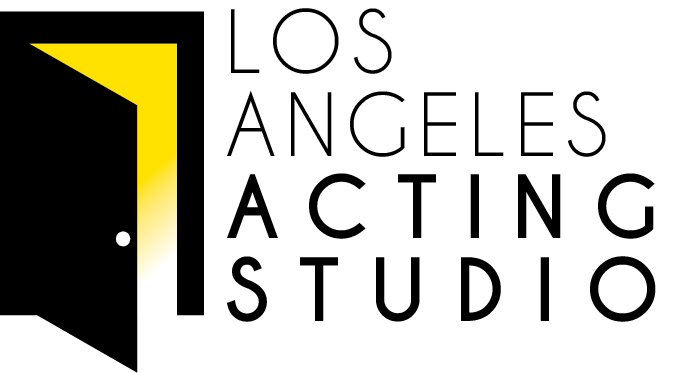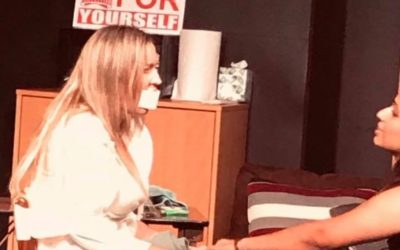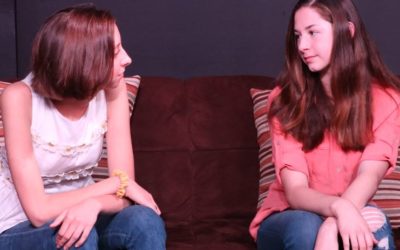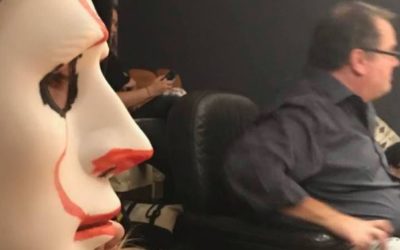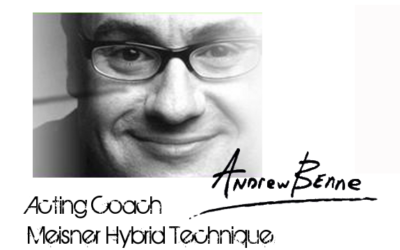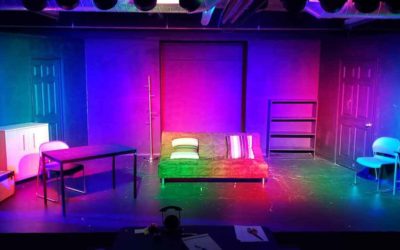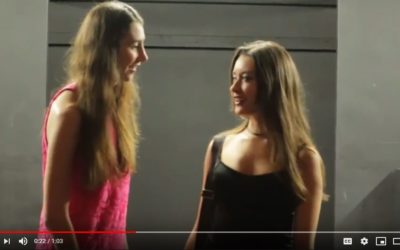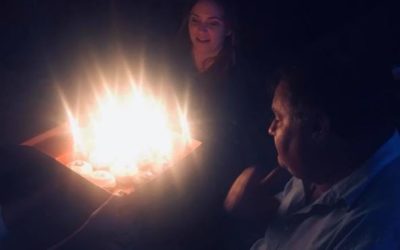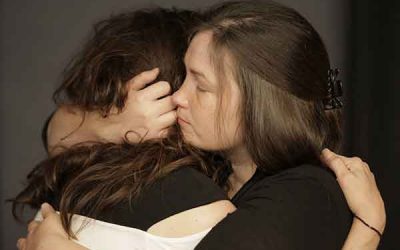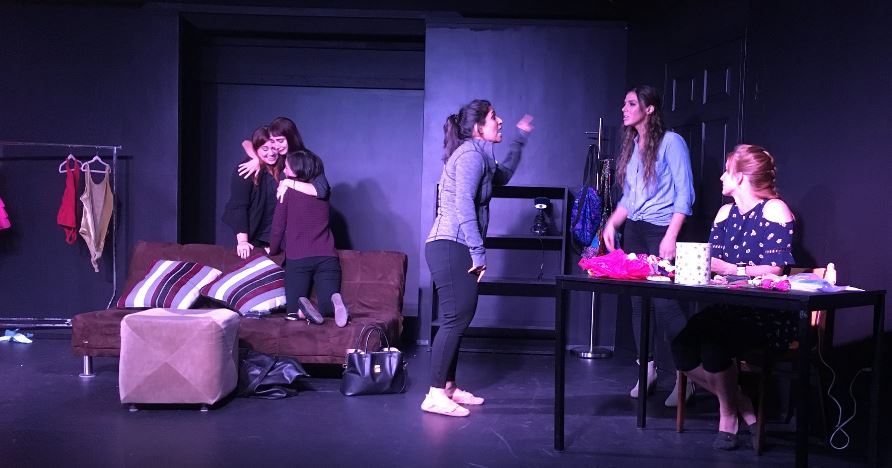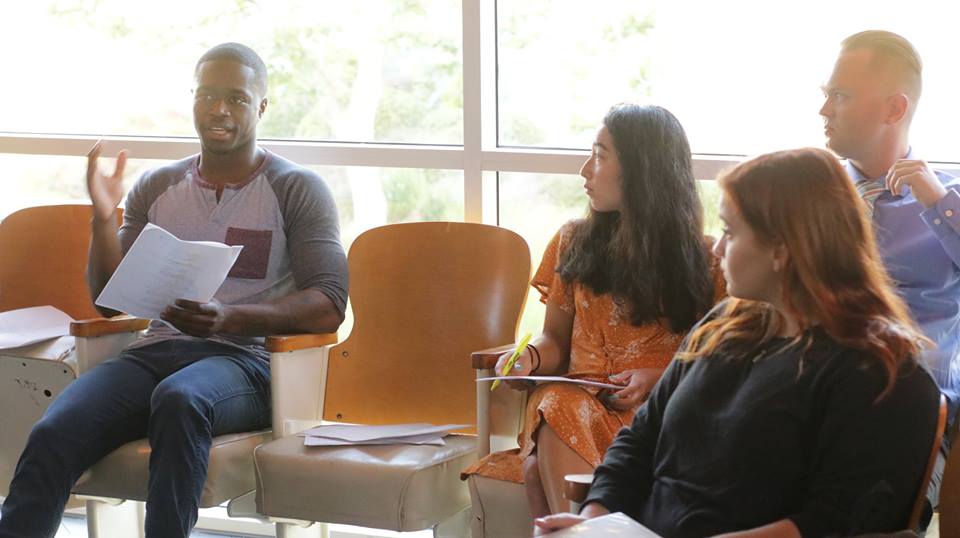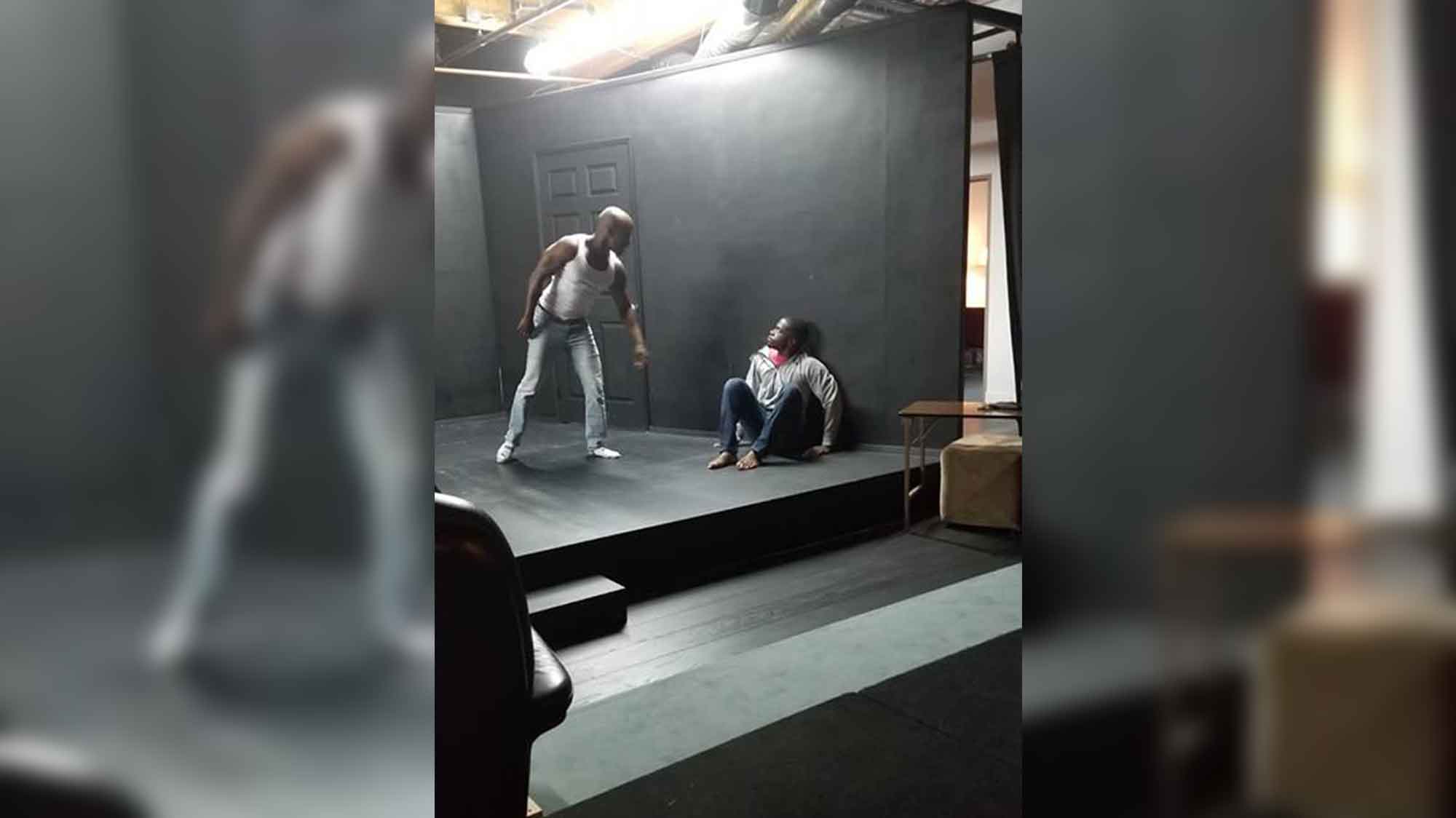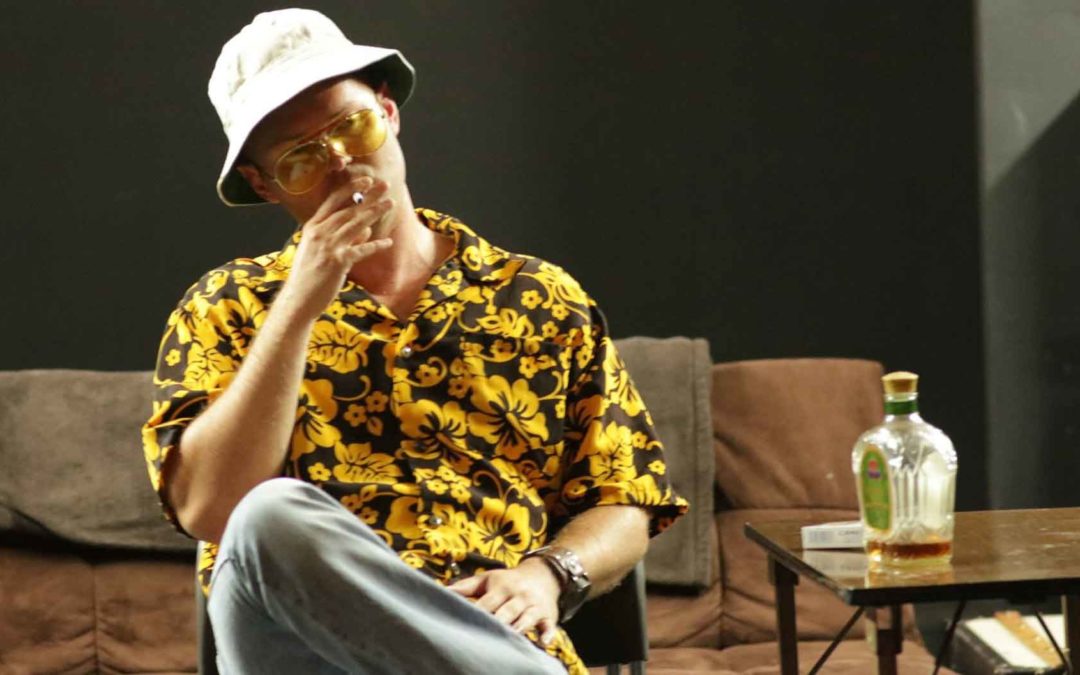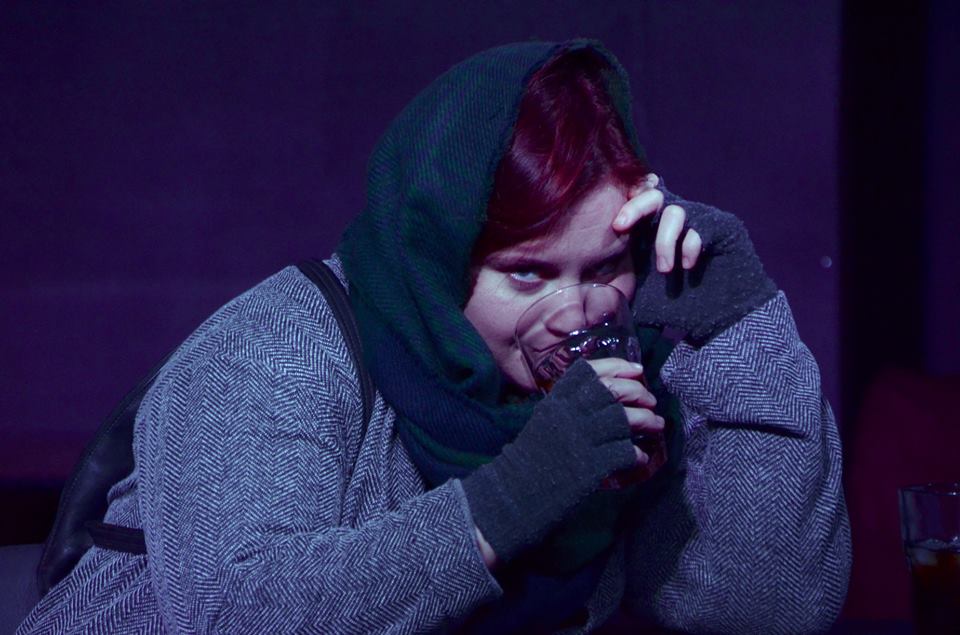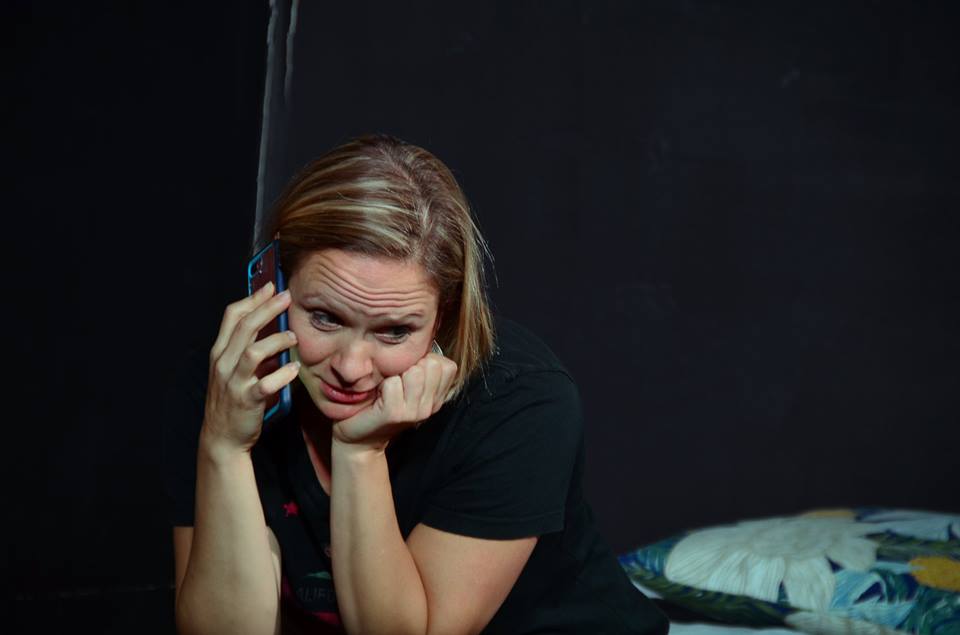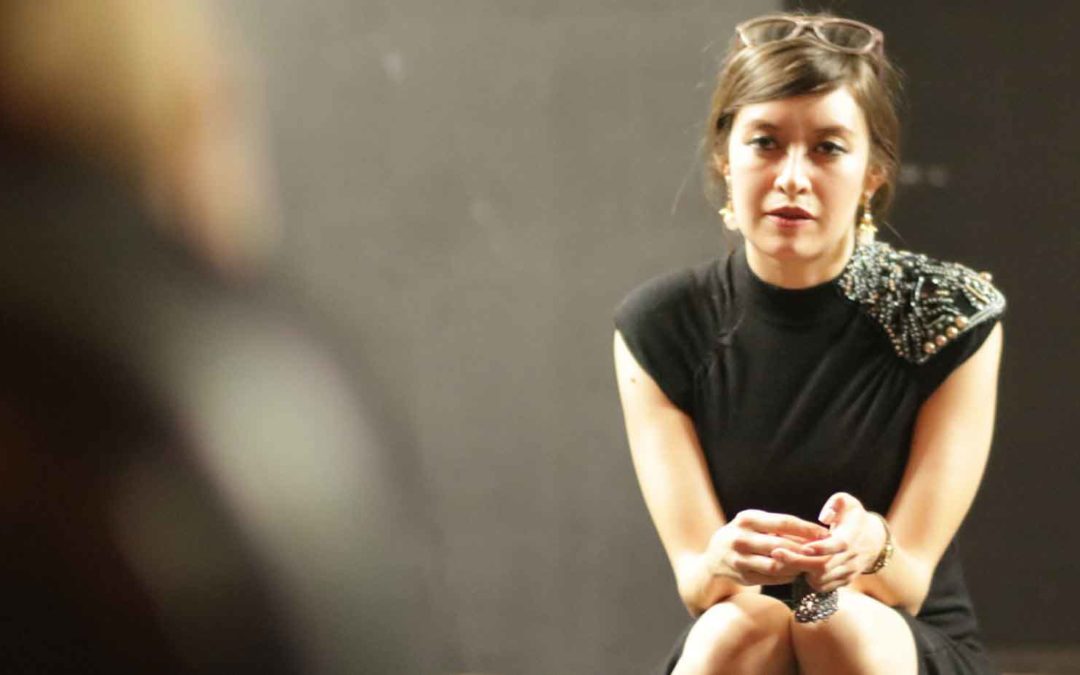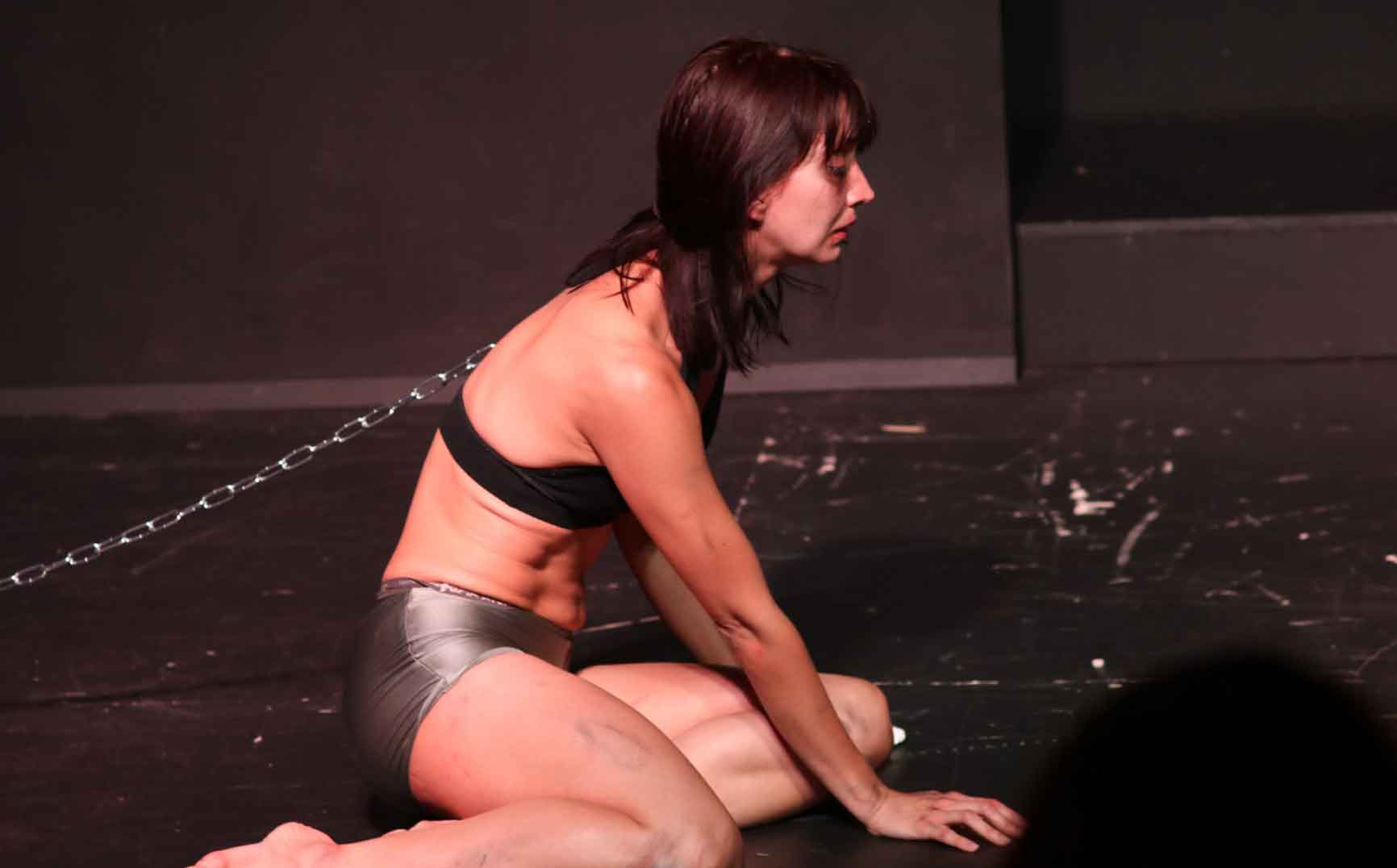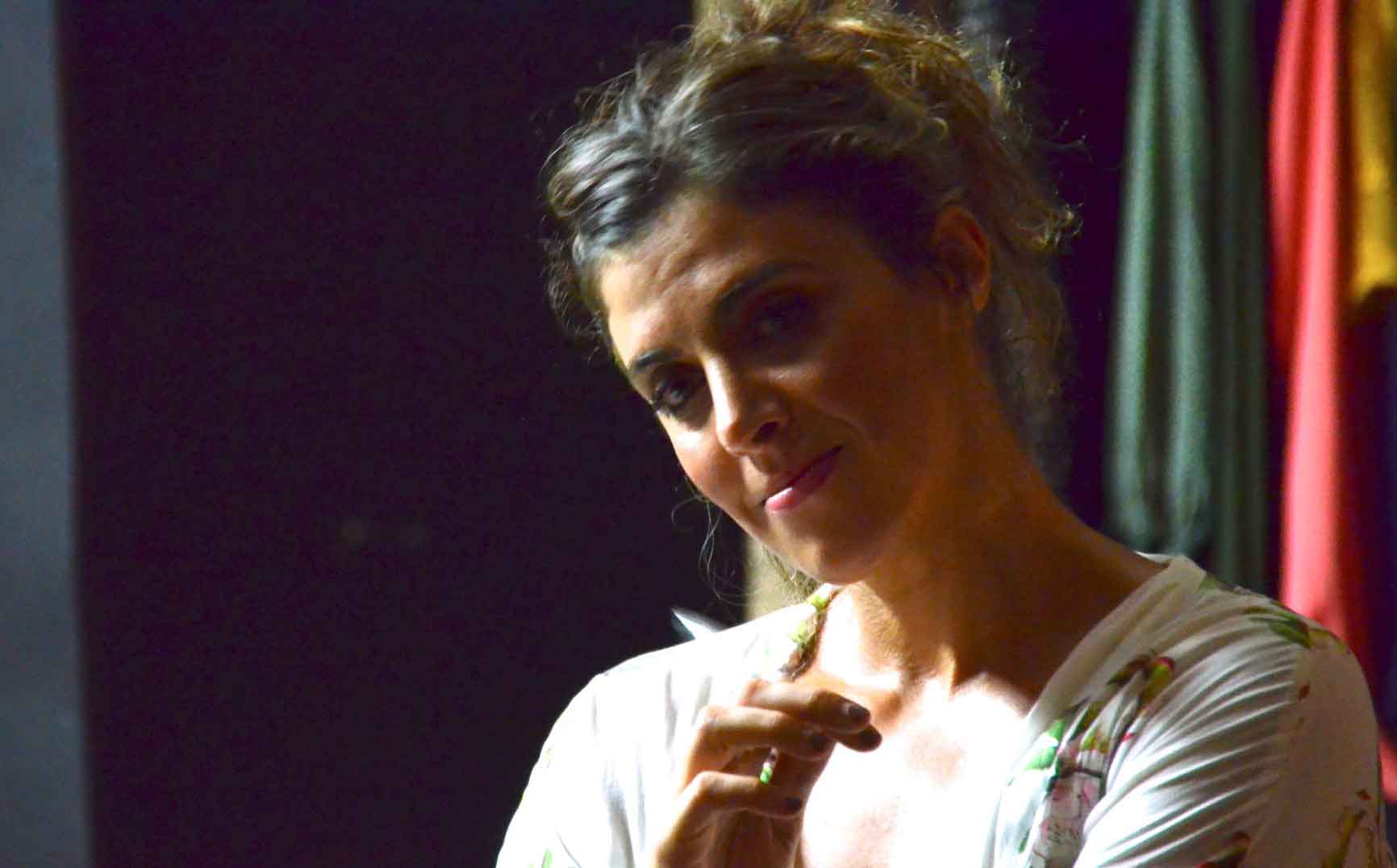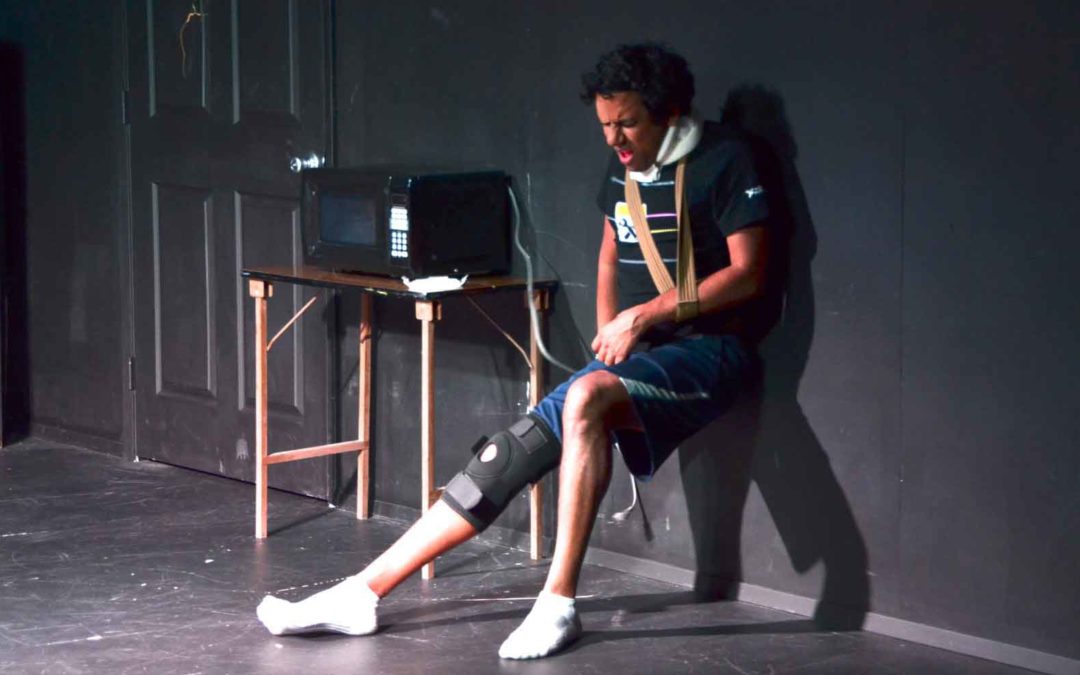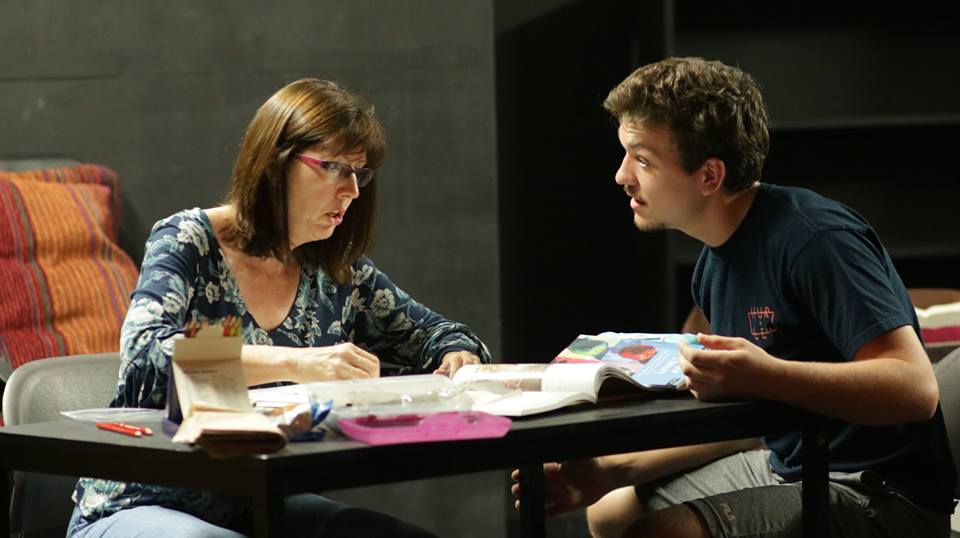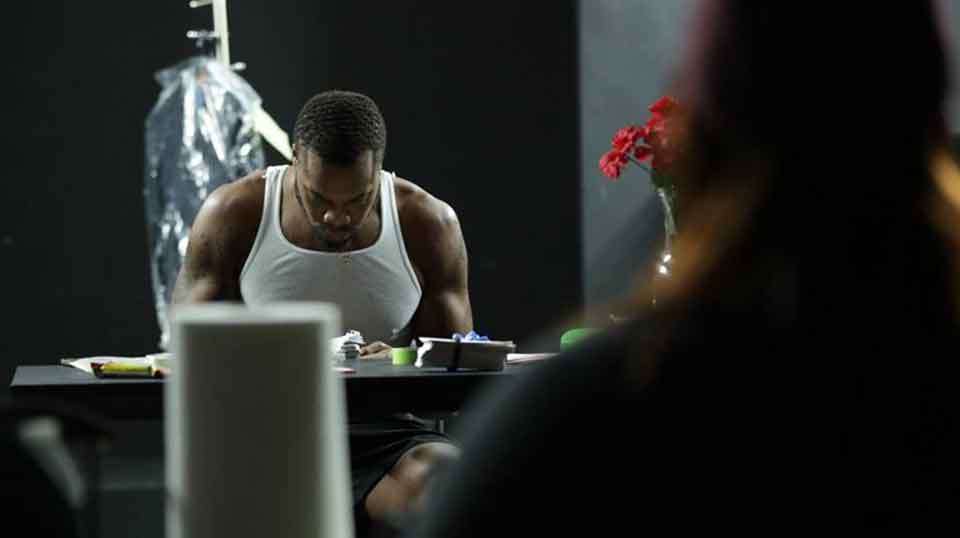Improv work is one of the main thrusts of the studio training. This original improv work is based on language of the Meisner technique and the raw realness from filmmaker John Cassavetes New York Acting workshops of the 60’s. Andrew Benne writes all the fresh content improv situations, often writing custom improvs specifically for each actor and the personal breakthroughs he or she needs to have. The purpose is to live truthfully within imaginary circumstances. The training process of doing these film and Television style improvs is beyond fun. The actors usually receive their improv information via a video tailored made just for them. Essentially the improv works just like a script – each actor gets common knowledge shared by the scene partners and private knowledge that their partner does not know. The focus is for the actors to truly believe that the situation is really happening at that particular moment, and to work off the behavior of each other, as opposed to playing the story. Actors learn to trust their preparation as opposed to playing it. It’s about complete freedom in the world of the script and actors trusting their authentic instincts in order to behave organically in the conflicts of the script. Many improvs are written for three actors as well as two person scenes. We design this intentionally for the actors to learn how to work as an ensemble, a necessity to working in film and television. We are sticklers for realistic relationships and the subtleties of the human condition, whether comical or tragic. Improvisational freedom in the work is the goal.Improv work is one of the main thrusts of the studio training. This original improv work is based on language of the Meisner technique and the raw realness from filmmaker John Cassavetes New York Acting workshops of the 60’s. Andrew Benne writes all the fresh content improv situations, often writing custom improvs specifically for each actor and the personal breakthroughs he or she needs to have.
The purpose is to live truthfully within imaginary circumstances. The training process of doing these film and Television style improvs is beyond fun. The actors usually receive their improv information via a video tailored made just for them. Essentially the improv works just like a script – each actor gets common knowledge shared by the scene partners and private knowledge that their partner does not know. The focus is for the actors to truly believe that the situation is really happening at that particular moment, and to work off the behavior of each other, as opposed to playing the story. Actors learn to trust their preparation as opposed to playing it. It’s about complete freedom in the world of the script and actors trusting their authentic instincts in order to behave organically in the conflicts of the script.
Many improvs are written for three actors as well as two person scenes. We design this intentionally for the actors to learn how to work as an ensemble, a necessity to working in film and television. We are sticklers for realistic relationships and the subtleties of the human condition, whether comical or tragic. Improvisational freedom in the work is the goal.

